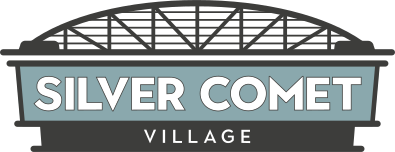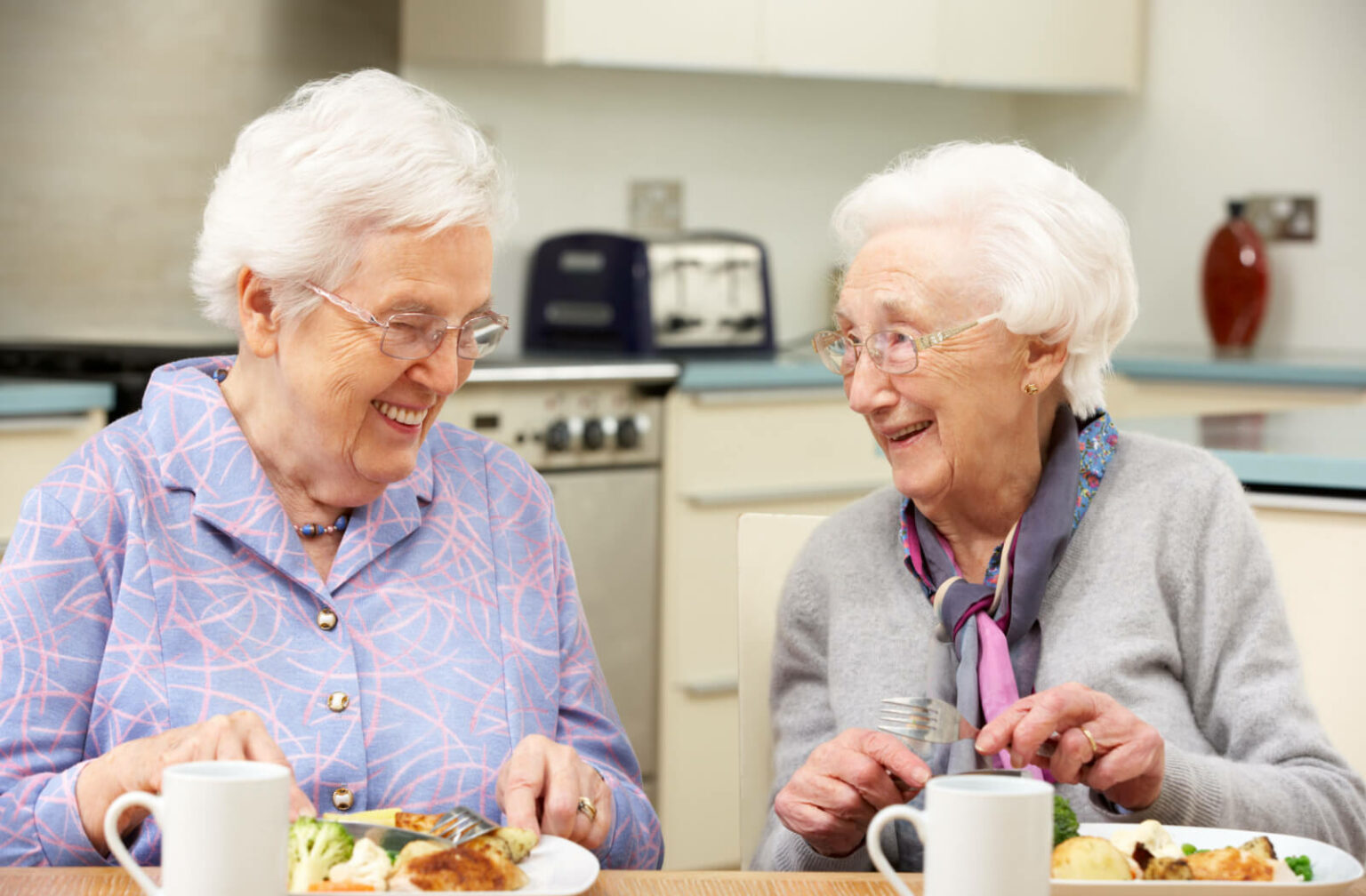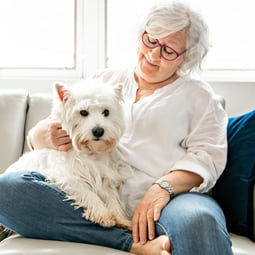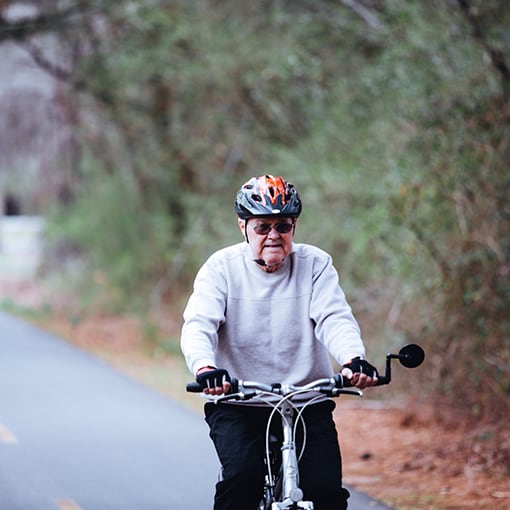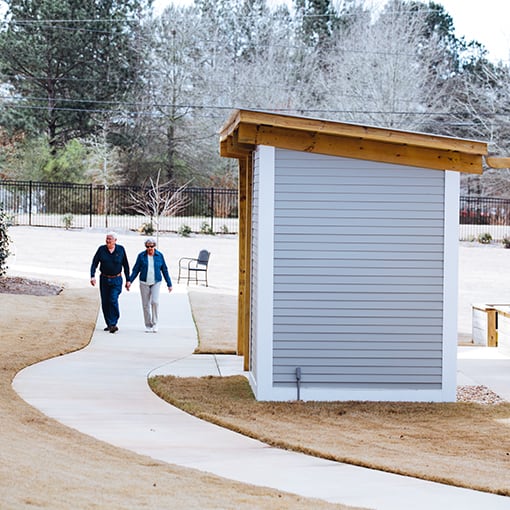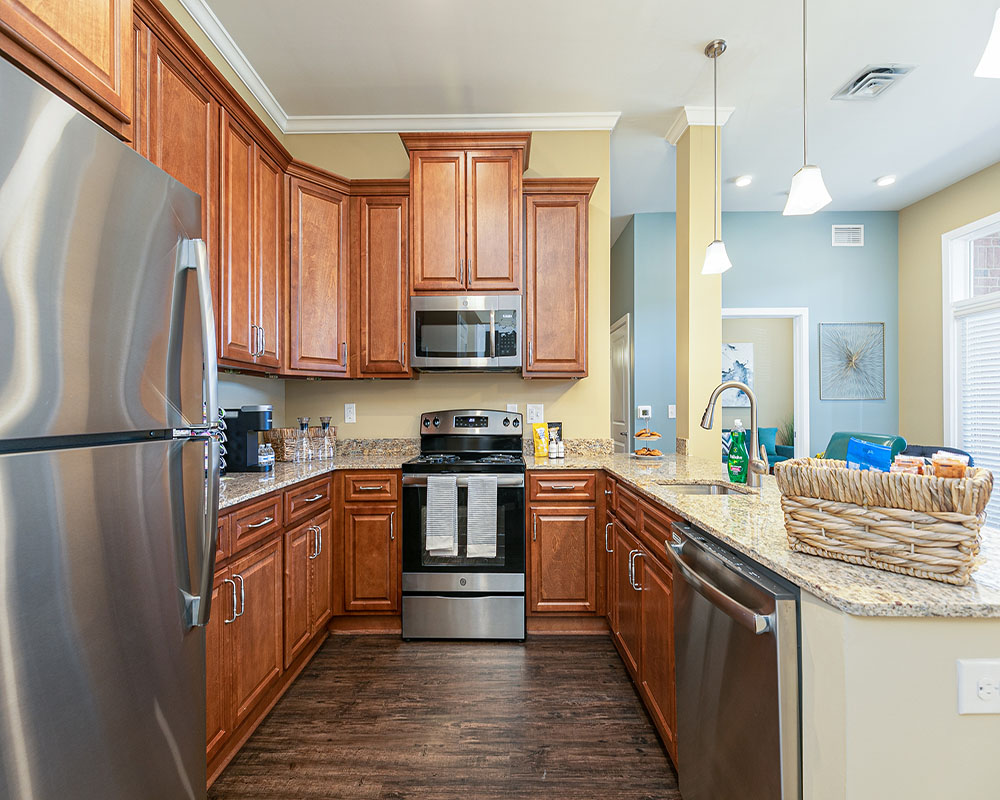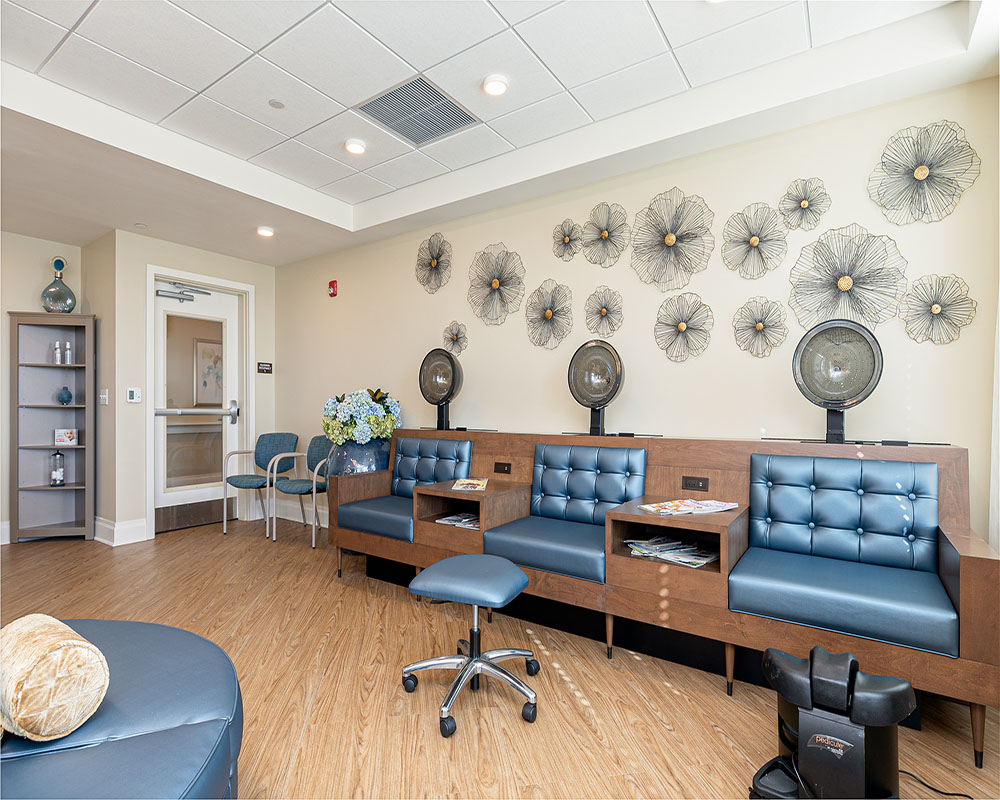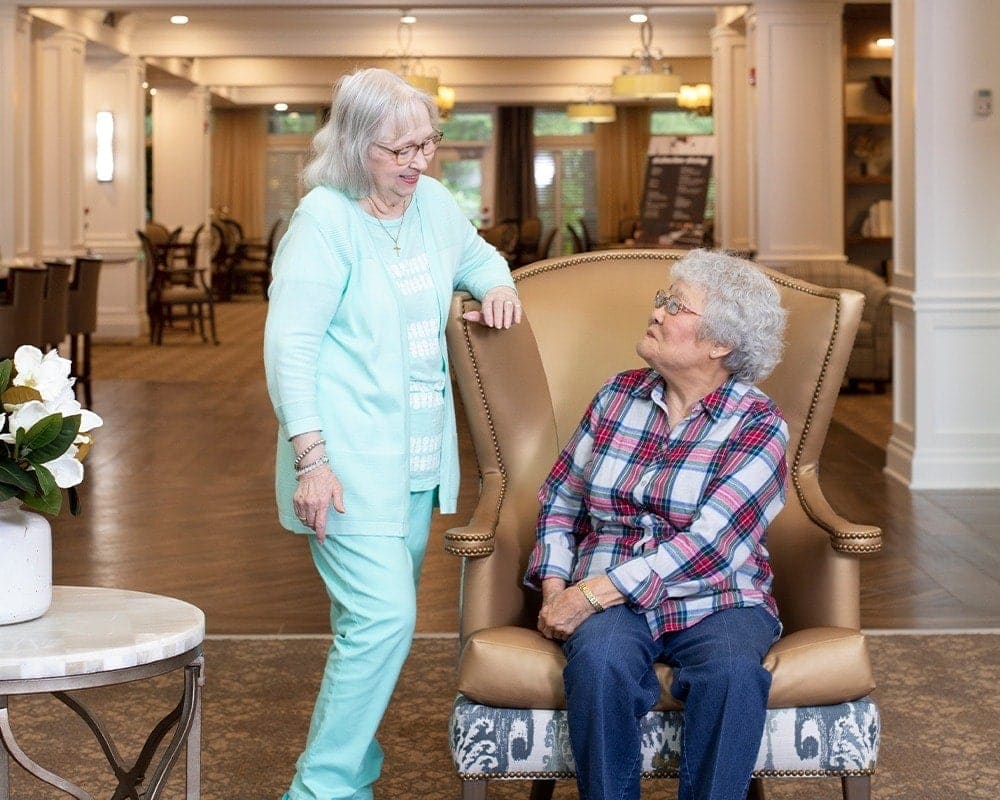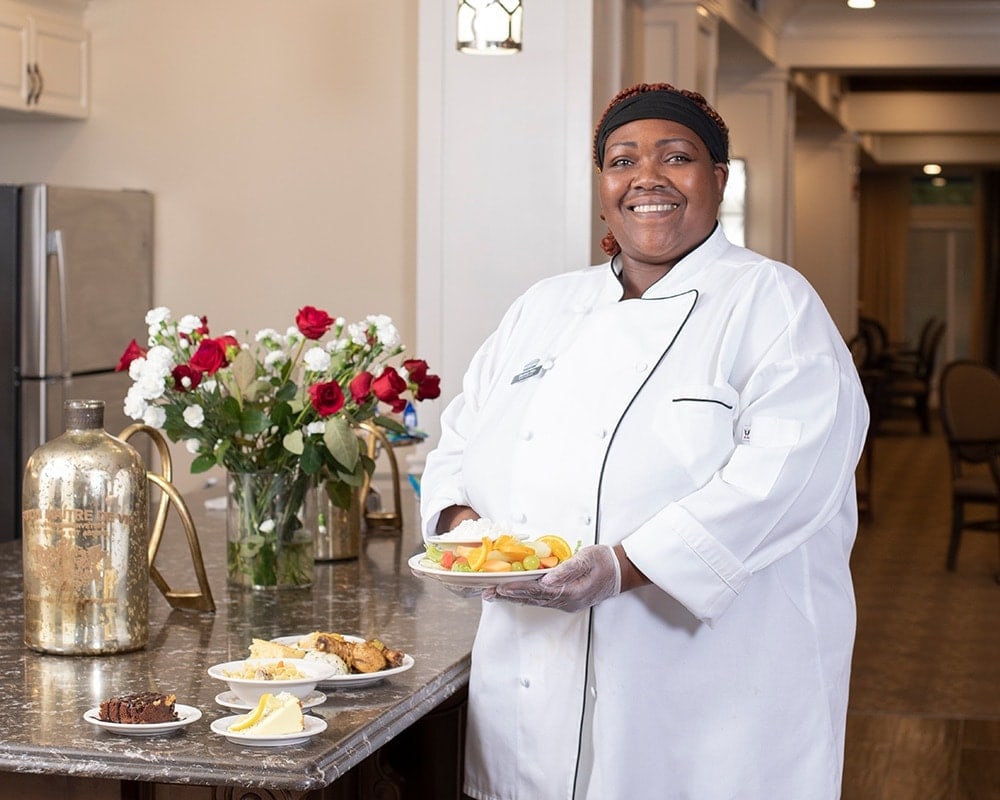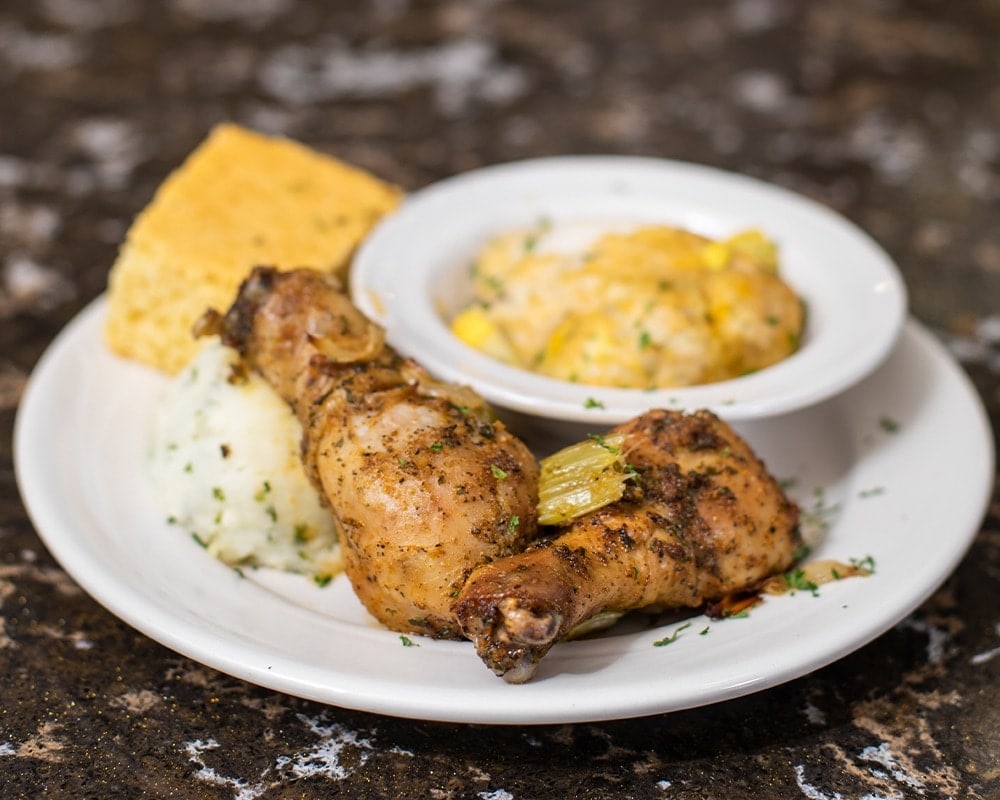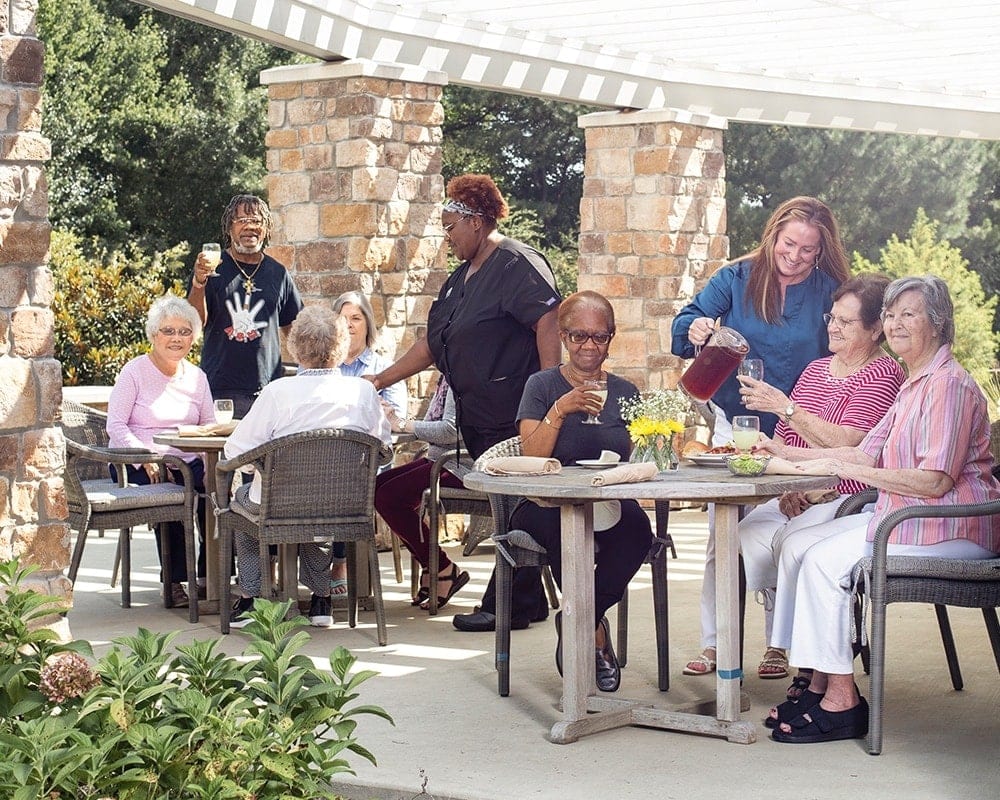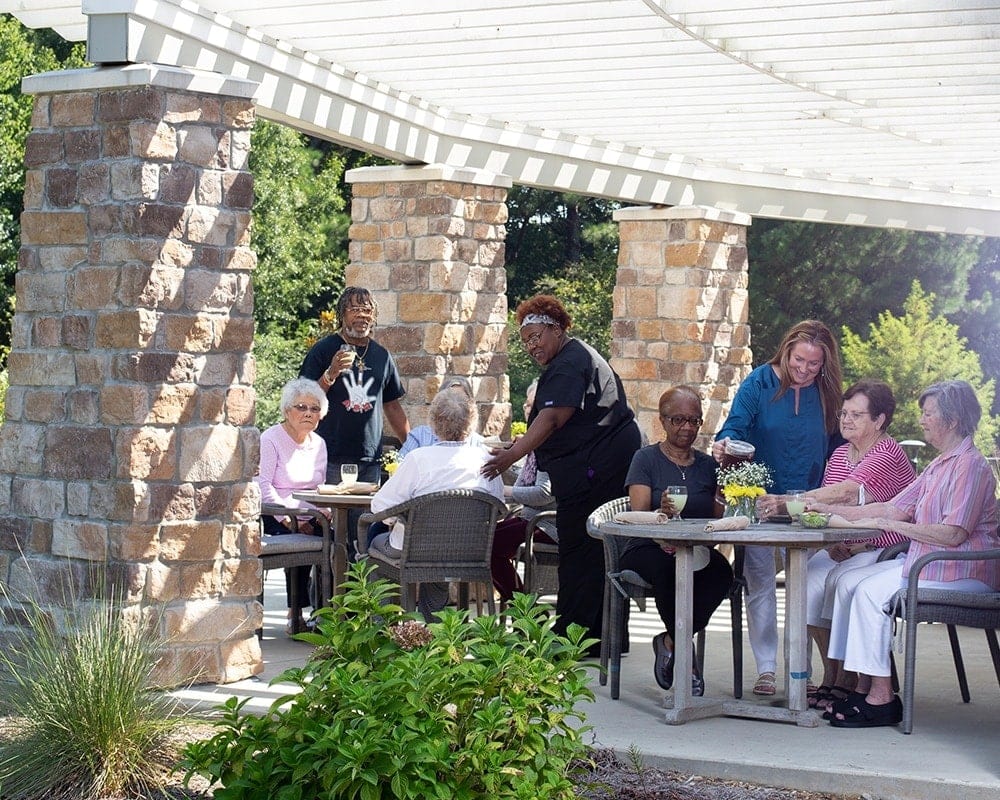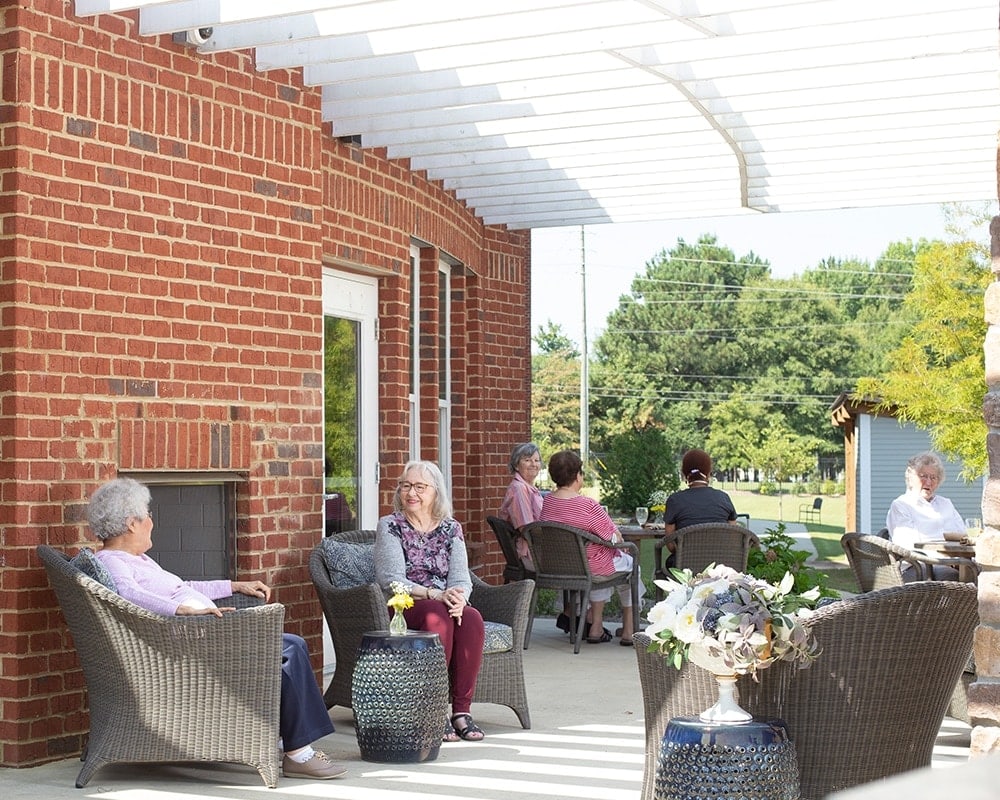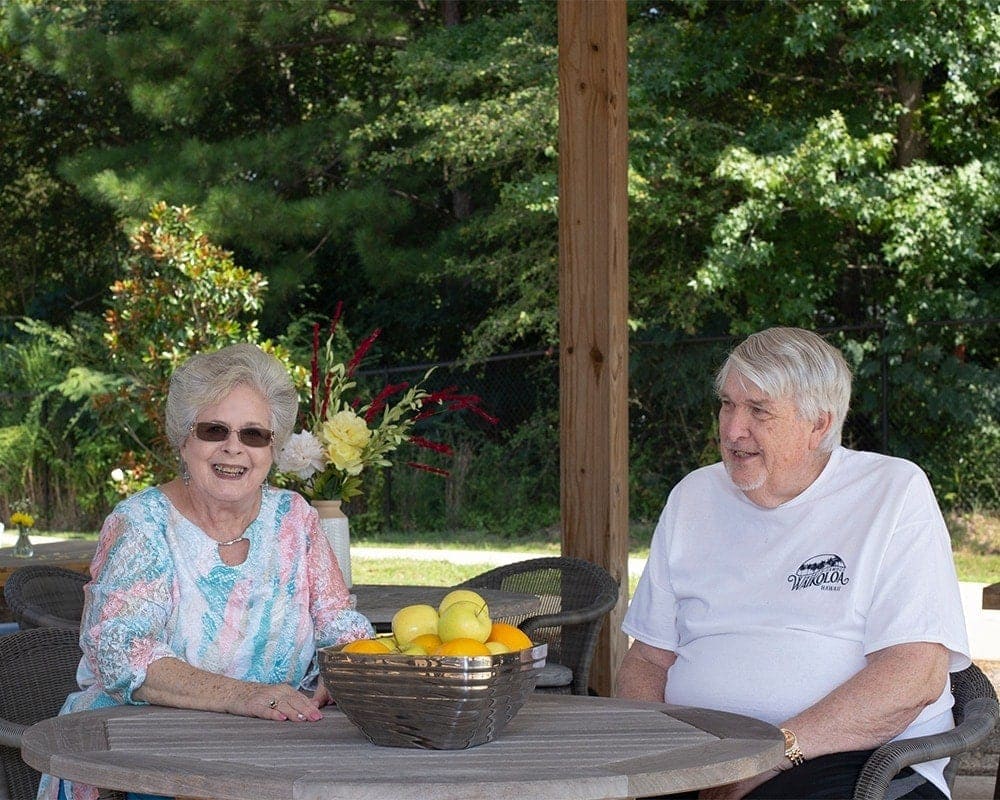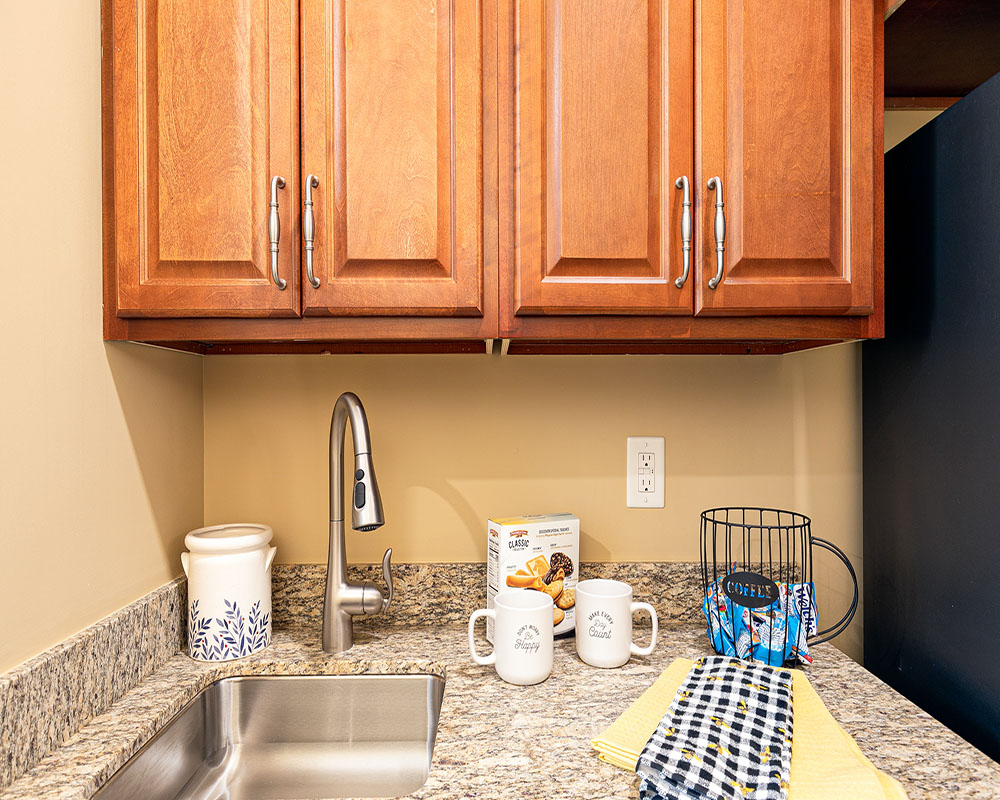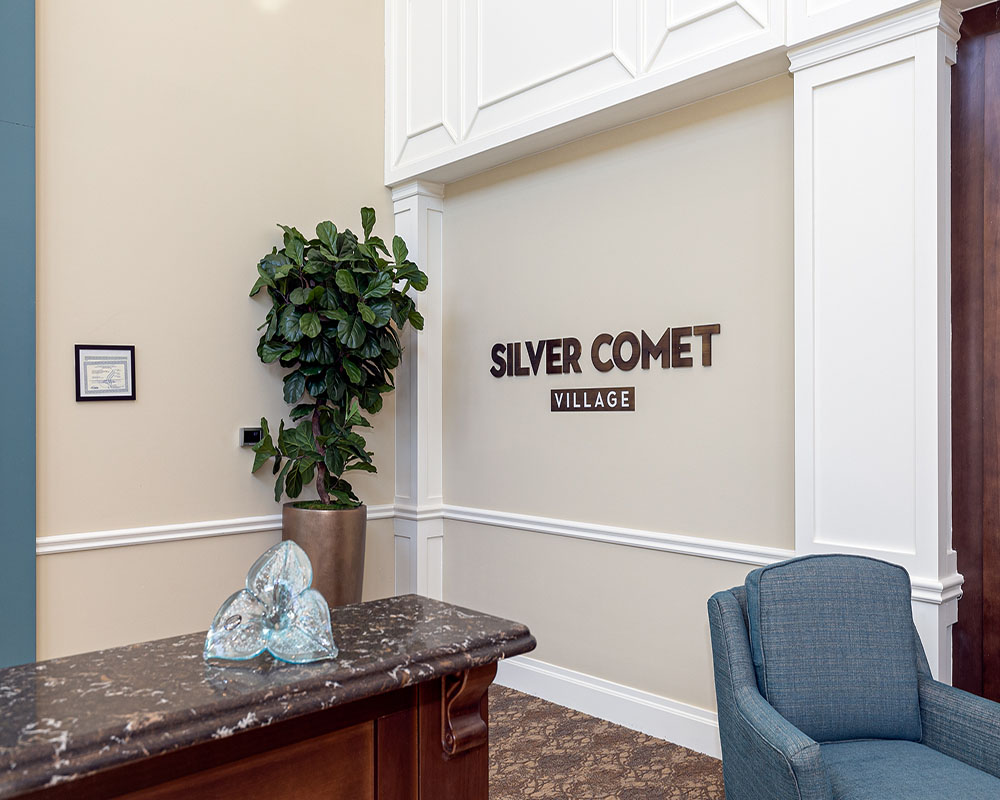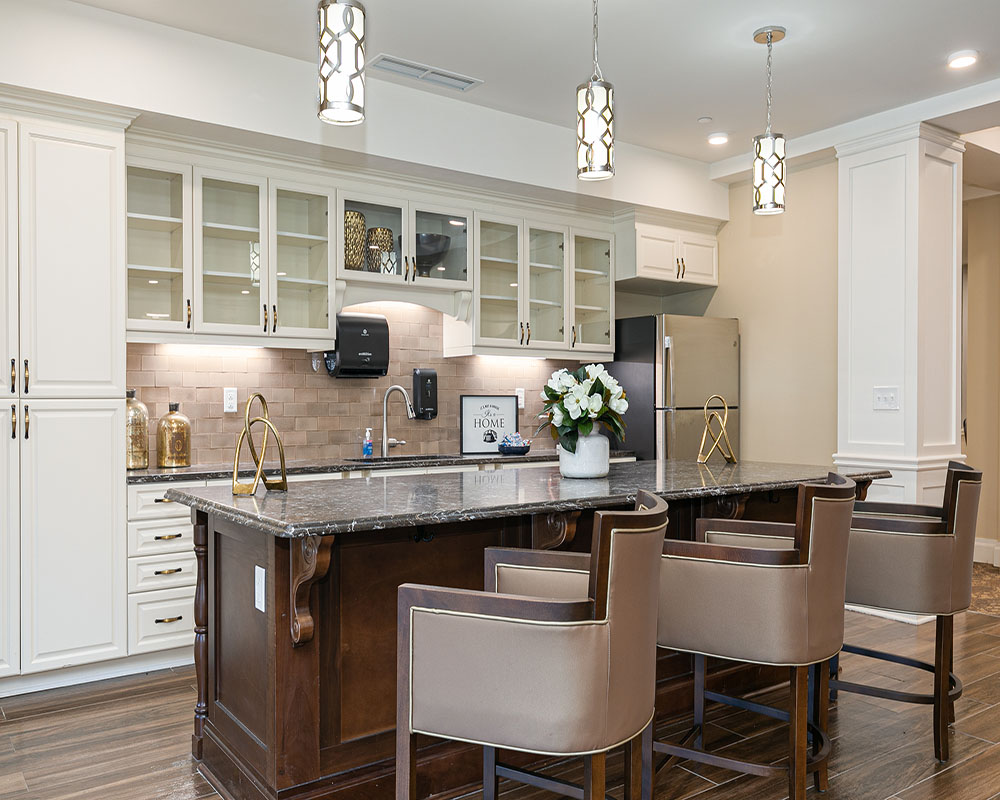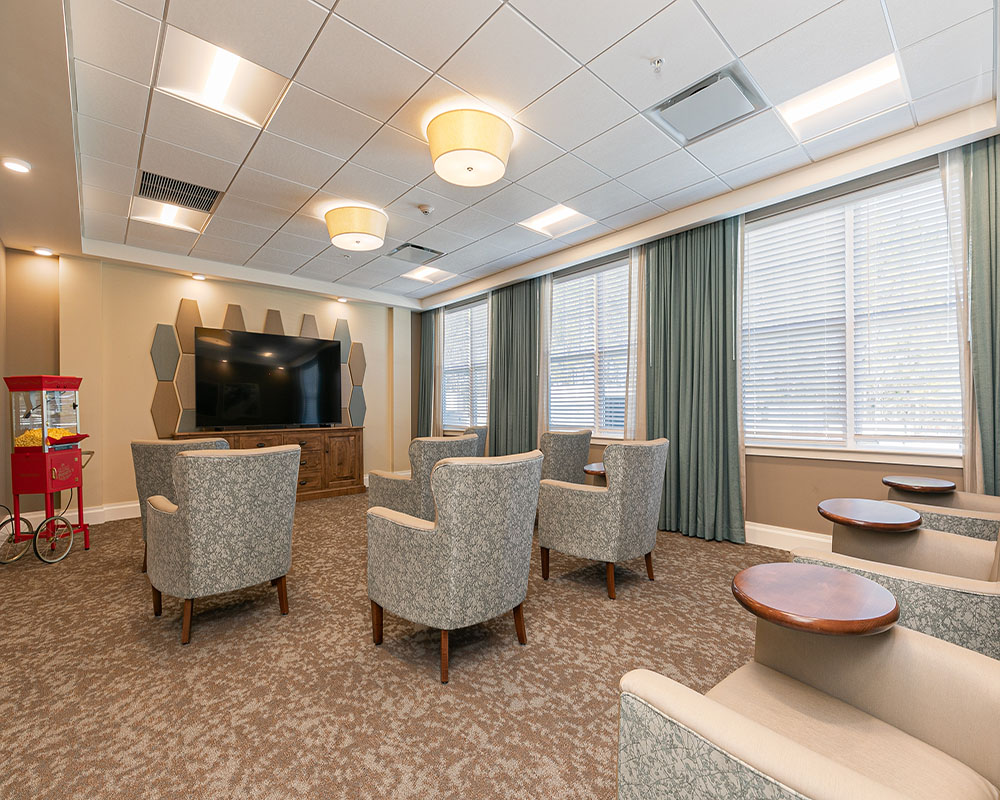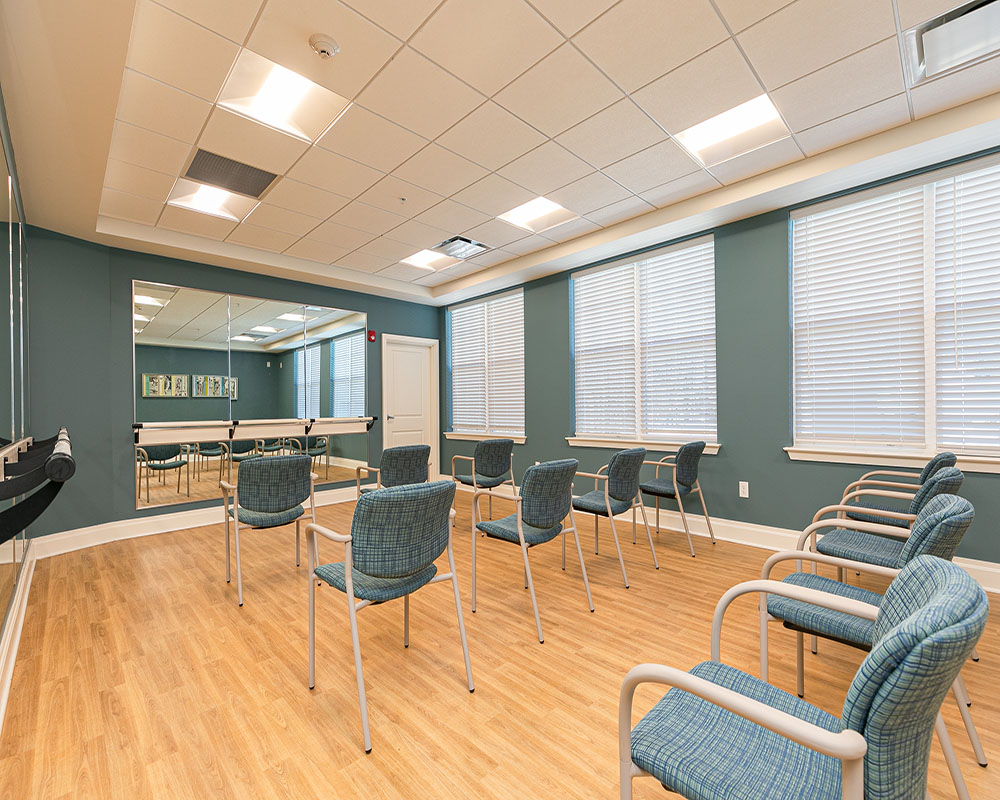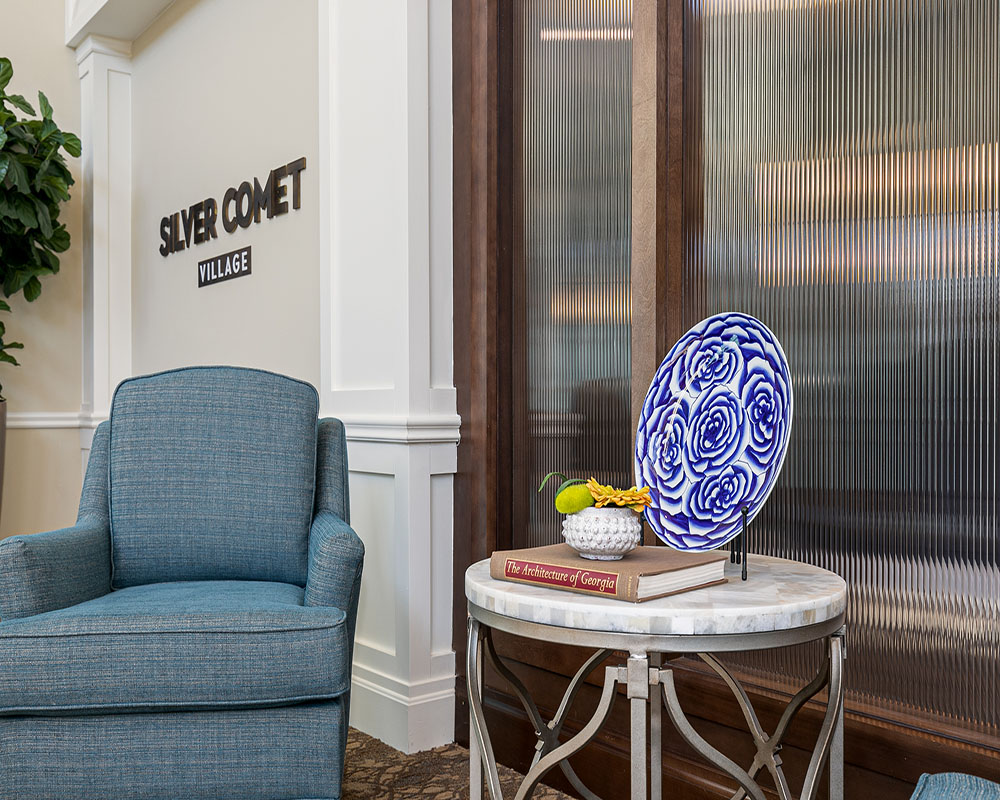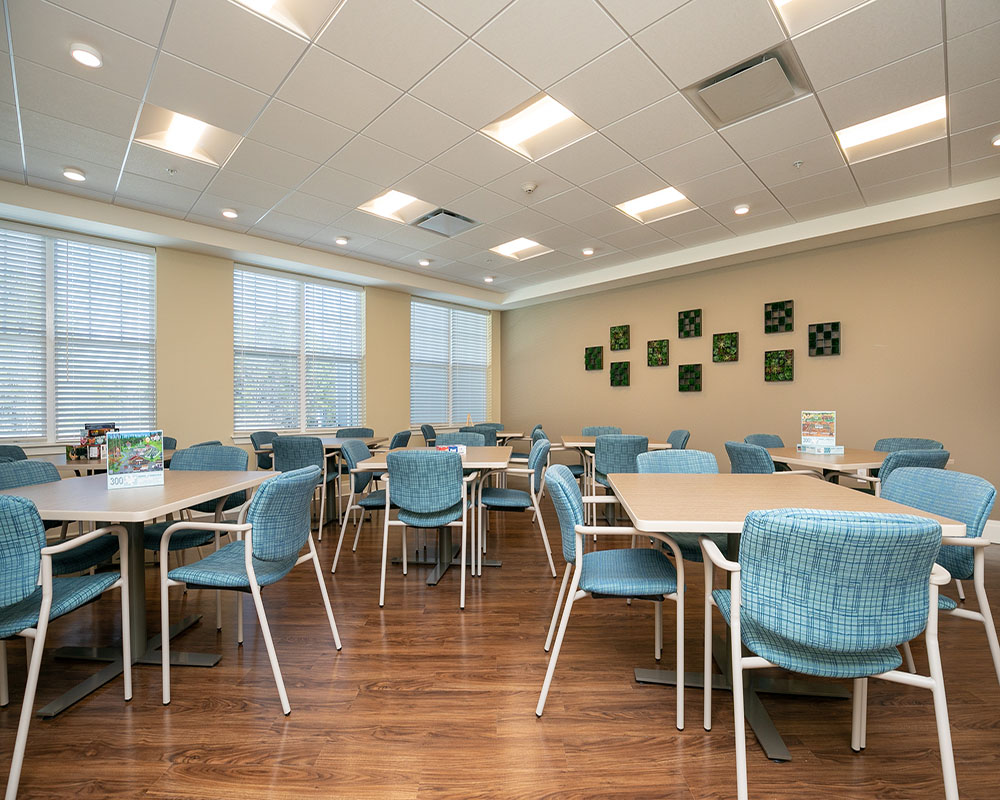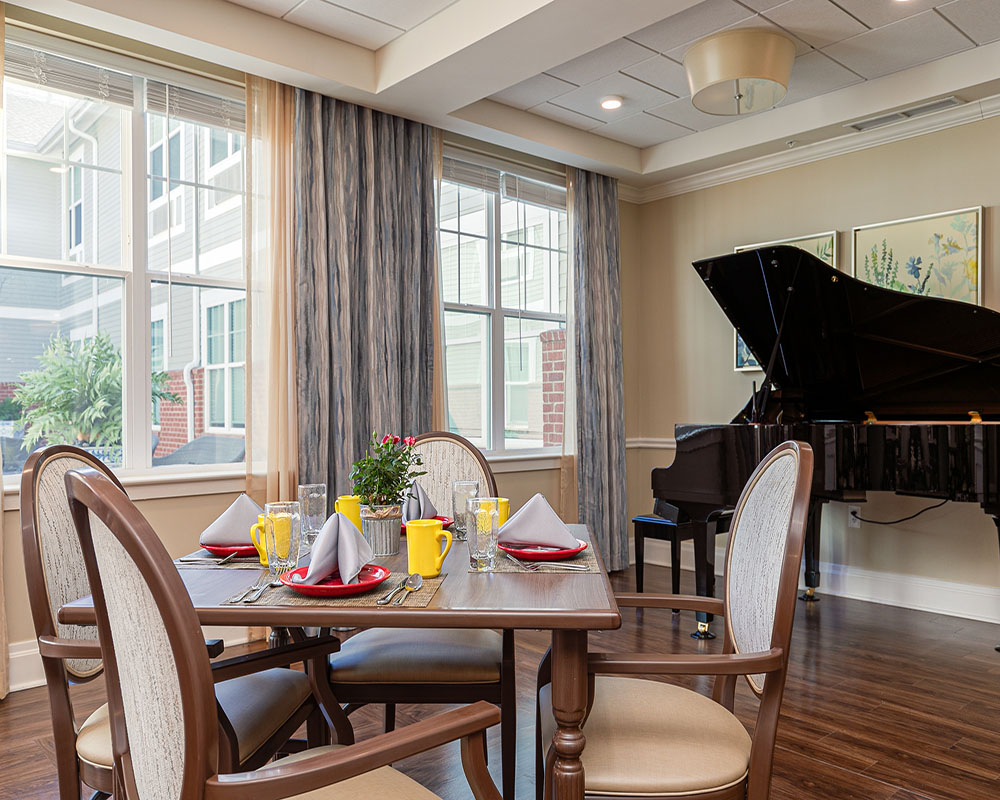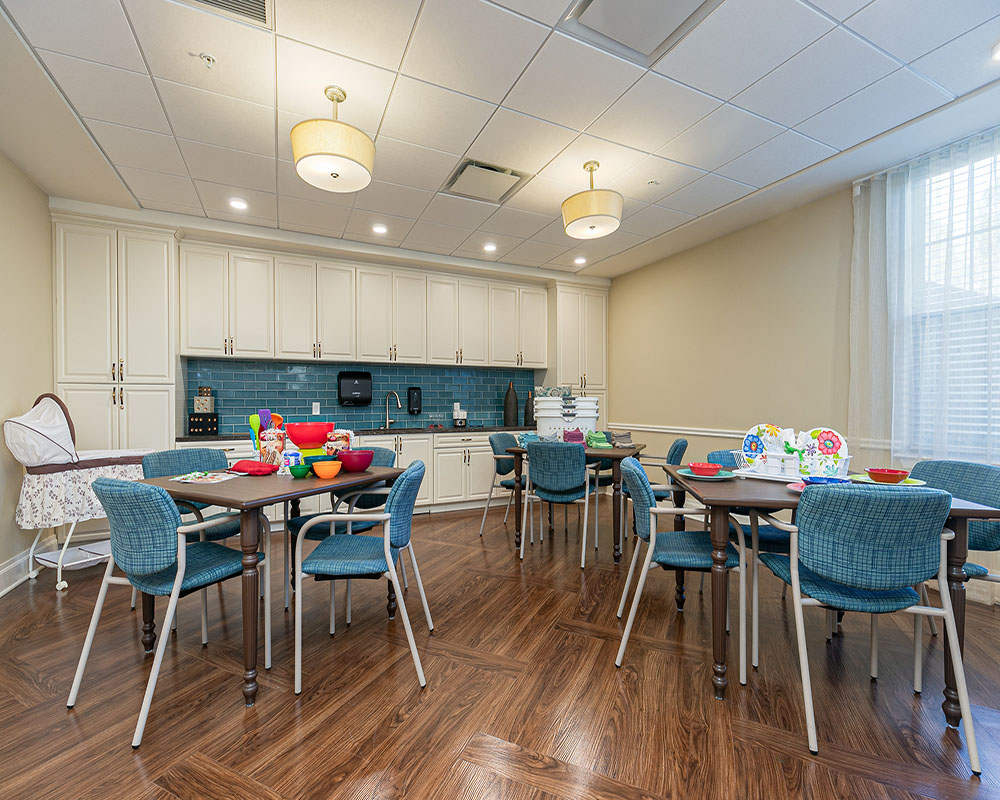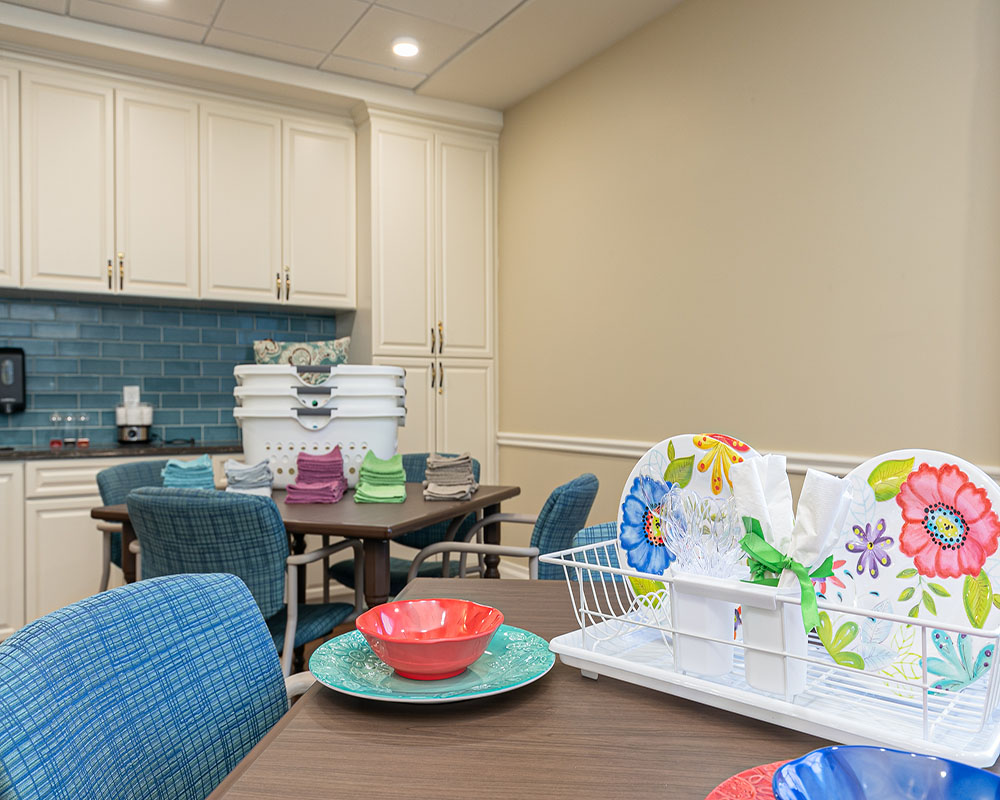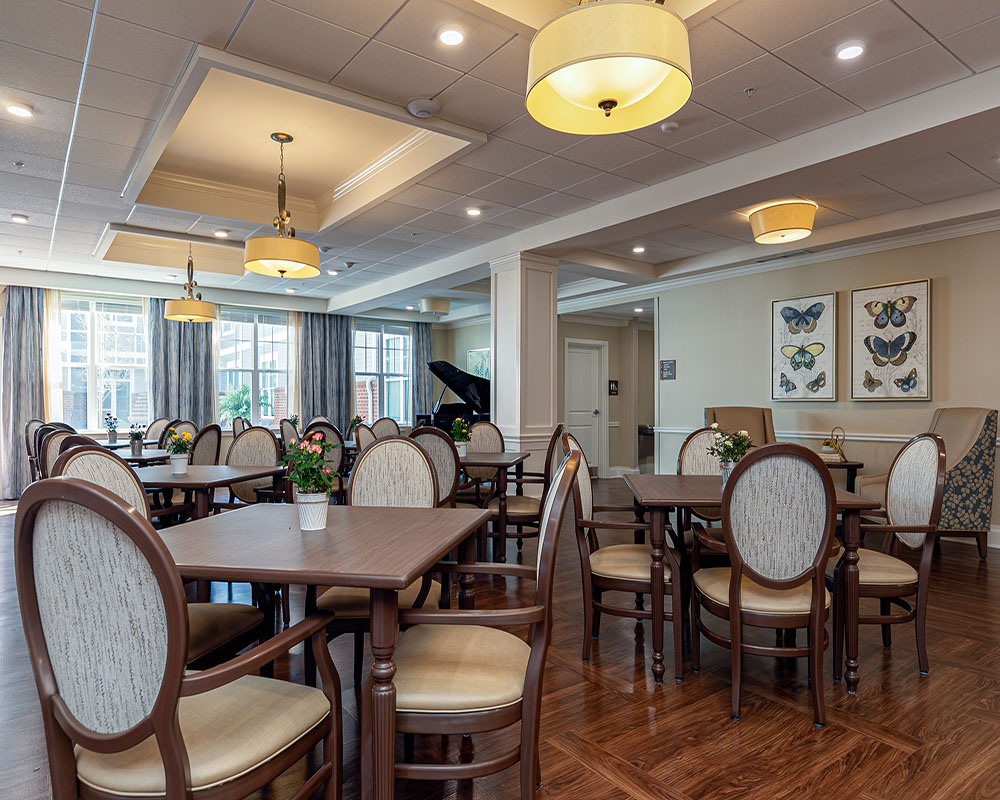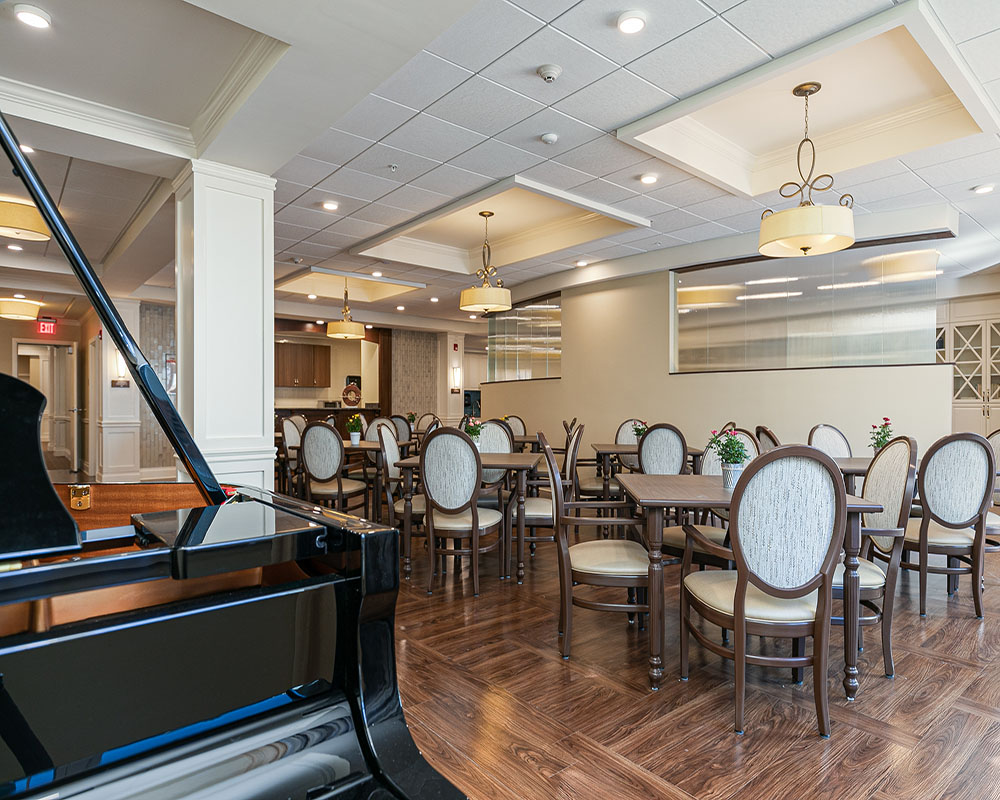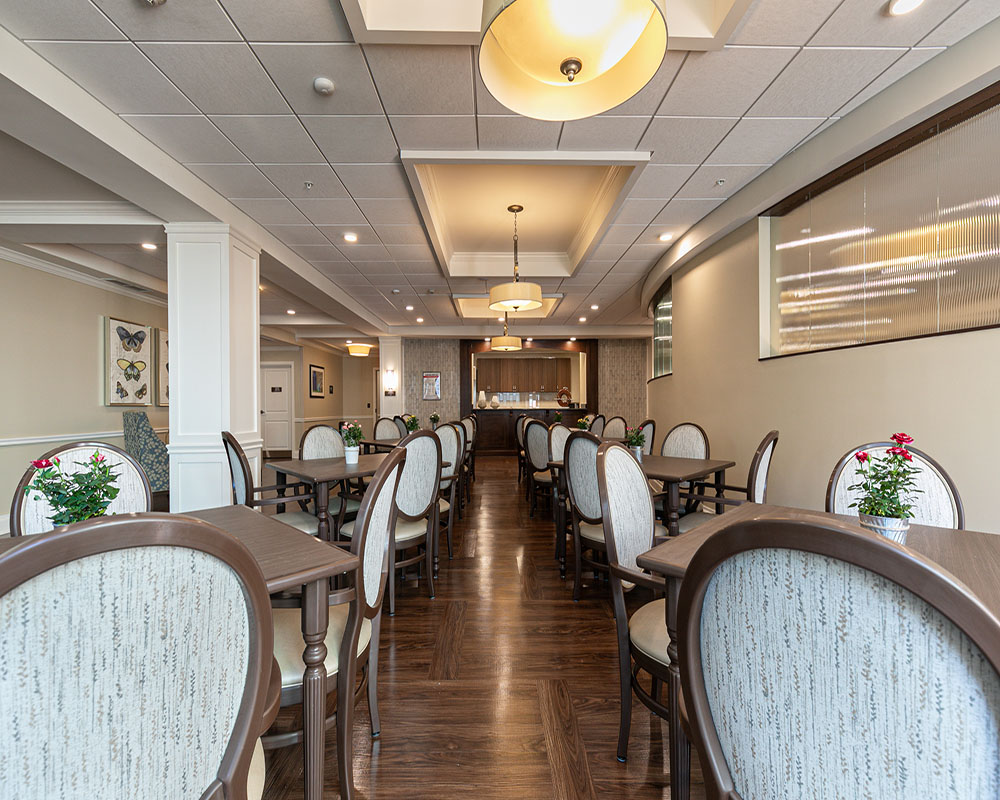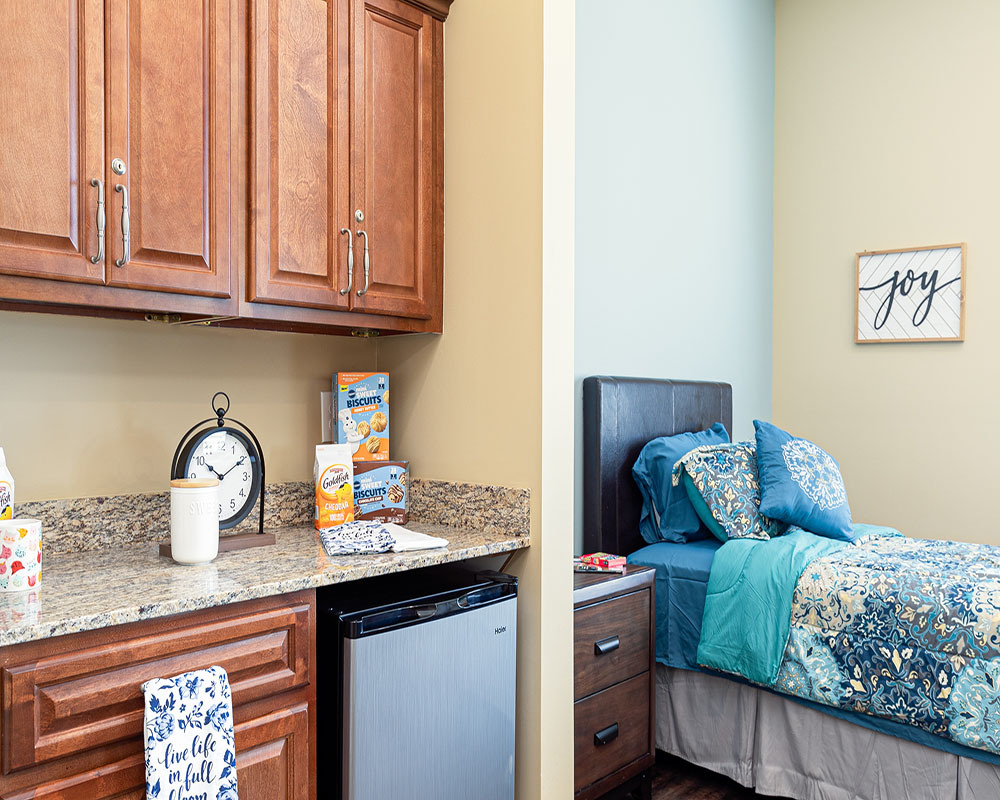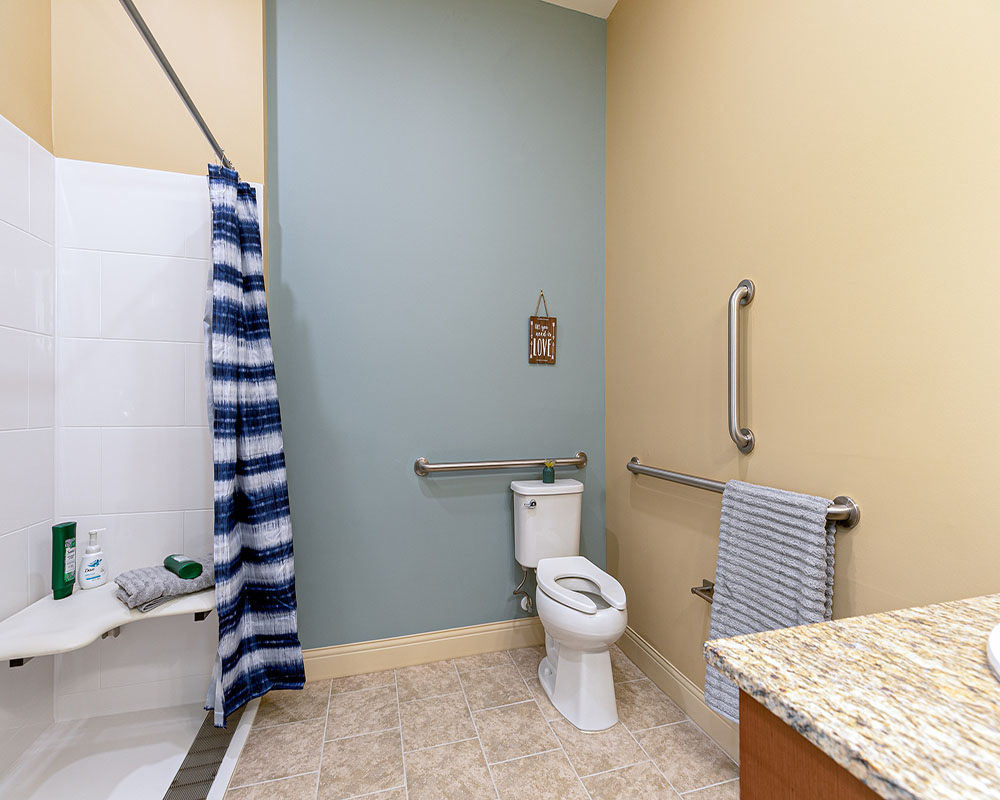It doesn’t matter what happens as we age; everyone still enjoys a good meal. And whether your parents live at home or have moved to an independent living community, food safety is an essential aspect of a senior’s life.
If your loved one lives in a senior living community, the food service team should work tirelessly to provide meals that are not only delicious but also safe. They ensure the food is cooked properly, the kitchen is clean, and the ingredients are fresh. However, at home, it’s important to know what you can do to practice food safety.
Knowing how to handle food safely is essential to avoid food poisoning or other foodborne illnesses, including what foods to avoid and how to prepare meals.
what is food safety?
Food safety refers to the measures taken to ensure food is safe for consumption. These measures include handling, storing, and cooking food in a way that prevents the growth of harmful bacteria, viruses, or other microorganisms that can cause foodborne illnesses.
There are 4 basic steps to keeping food safe:
- Clean
- Separate
- Cook
- Chill
why is food safety important for seniors
Most people recover from food poisoning without issue. But our immune systems weaken as we age, making us more susceptible to illnesses. Seniors also tend to have chronic conditions, such as diabetes and kidney disease, which can make fighting infections more difficult.
Additionally, seniors may have difficulty recovering from illnesses, so it’s better to prevent your loved one from getting sick in the first place.
clean: wash your hands and surfaces
The first step to food safety is to keep everything clean, no matter whether you’re the one cooking or eating. This means washing your hands often, along with all surfaces that come into contact with food, including countertops, cutting boards, and utensils.
You should wash your hands with warm, soapy water for at least 20 seconds before and after handling food. Funny enough, this happens to be the same time it takes to hum Happy Birthday twice. You should wash surfaces with hot, soapy water and rinse fruits and vegetables before cooking or eating.
separate: don’t cross-contaminate
Cross-contamination can occur when bacteria from one food item are transferred to another. You can prevent this from happening by putting raw food in individual plastic bags while you’re shopping. Also, keep your food separate in your fridge.
You should use separate cutting boards for cutting fresh produce and raw meats. Make sure you aren’t using the same utensils to handle both cooked and raw foods. Use hot, soapy water to clean any surfaces that touch raw meat, poultry, seafood, eggs, or flour.
cook: use a cooking chart
You must cook food thoroughly to remove any trace of harmful germs. A food thermometer is a great way to ensure your meals are cooked to the proper temperature. Simply place the thermometer into the thickest part of the food to check the internal temperature.
If no one is going to eat the food immediately, keep it warm. Germs can grow rapidly on foods between 40–140o F. Also, let food sit for a few minutes after you’re done microwaving it. This allows the food to continue cooking while the colder areas absorb the heat from the hotter ones.
chill: refrigerate promptly and properly
After cooking, you should refrigerate perishable food within 2 hours to prevent bacteria from growing. You should set your refrigerator temperature at 40°F or below and your freezer at 0°F or below. You should also discard any food that’s been left out for more than 2 hours.
You can’t store food forever, so make sure you know the safe storage time of anything you put in the fridge or freezer.
foods to avoid & their alternatives
There are certain foods that seniors should avoid or consume in moderation since they can have a higher risk of contamination. This higher risk may be due to how they’re produced or stored.
Some foods for seniors to avoid include:
- Raw or undercooked meat and poultry: Ensure that meat and poultry are cooked thoroughly before consumption.
- Raw or undercooked eggs: Avoid consuming raw or undercooked eggs. This includes dishes that contain raw eggs, such as Caesar salad dressing or homemade mayonnaise. Pasteurized eggs, however, are considered lower risk.
- Raw or undercooked fish and shellfish: Seniors should avoid raw fish and shellfish, especially if they have weakened immune systems. Canned seafood is a lower risk, as is seafood cooked to 145o F.
- Unpasteurized dairy products: Raw milk and cheese can contain harmful bacteria that can cause food poisoning. Ensure any dairy is pasteurized, and avoid unpasteurized soft cheese made from raw milk, such as feta, brie, or queso fresco.
- Hot dogs and deli meats: Bacteria that may cause severe illness can grow on meat stored in the fridge. Ensure hot dogs, luncheon meats, and deli meats are steaming hot and reheated to 165o F.
shopping for food
When shopping for food, there are several things that you should keep in mind to ensure you’re purchasing safe and healthy food. These include:
- Check expiration dates: Ensure the food you’re buying is not expired.
- Look for the USDA or FDA label: These labels indicate the food has been inspected and should be safe for consumption.
- Check the packaging: Make sure the packaging is intact and there are no signs of damage or tampering.
enjoy safe & delicious meals
A good meal can revitalize your body and soul, and food safety is essential for seniors to maintain their health and well-being. Silver Comet Village prepares meals with nutritional needs, safety, and sophisticated taste in mind.
If you want to learn more about the meals and other services we offer our residents, contact us today or book a community tour.
